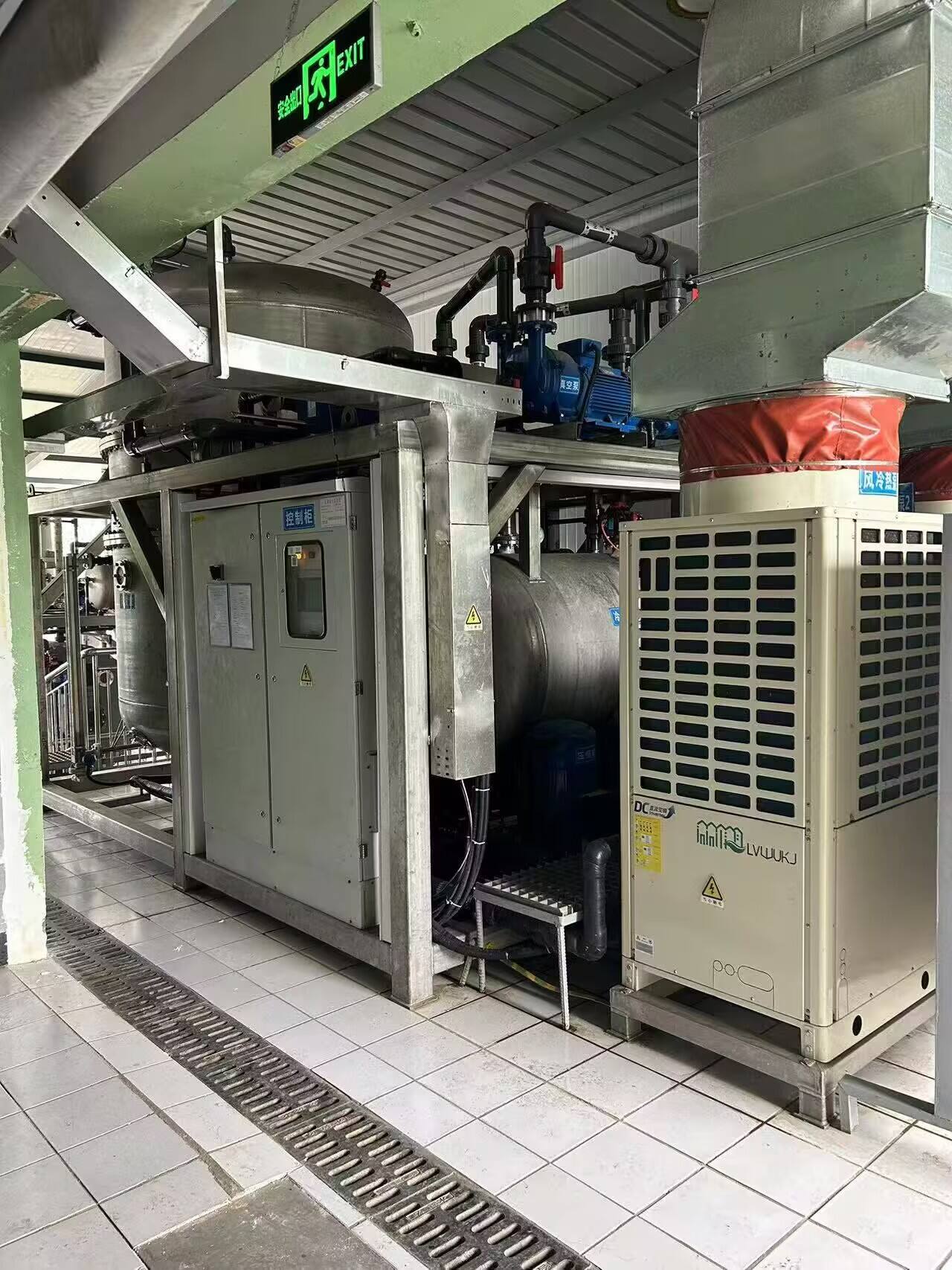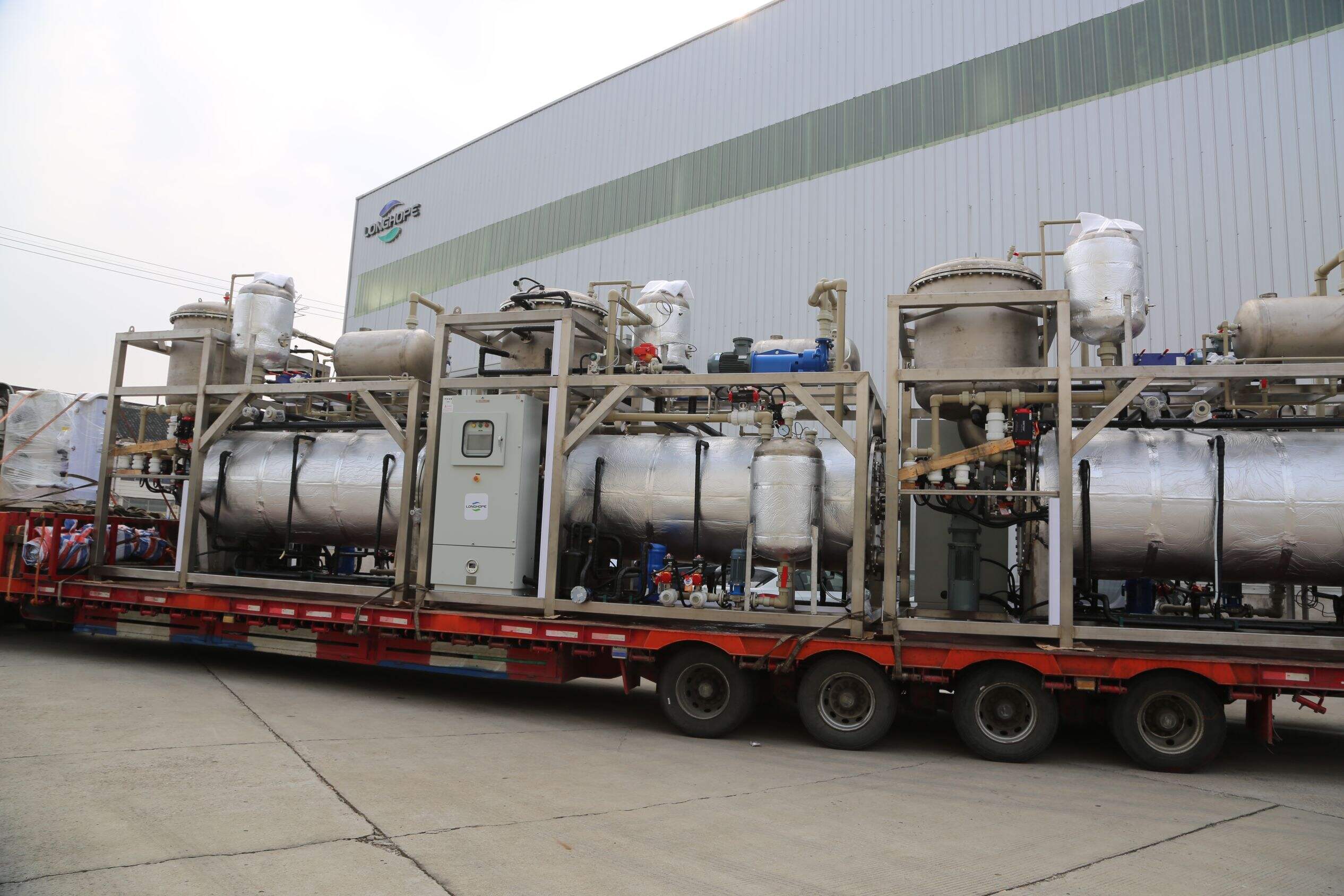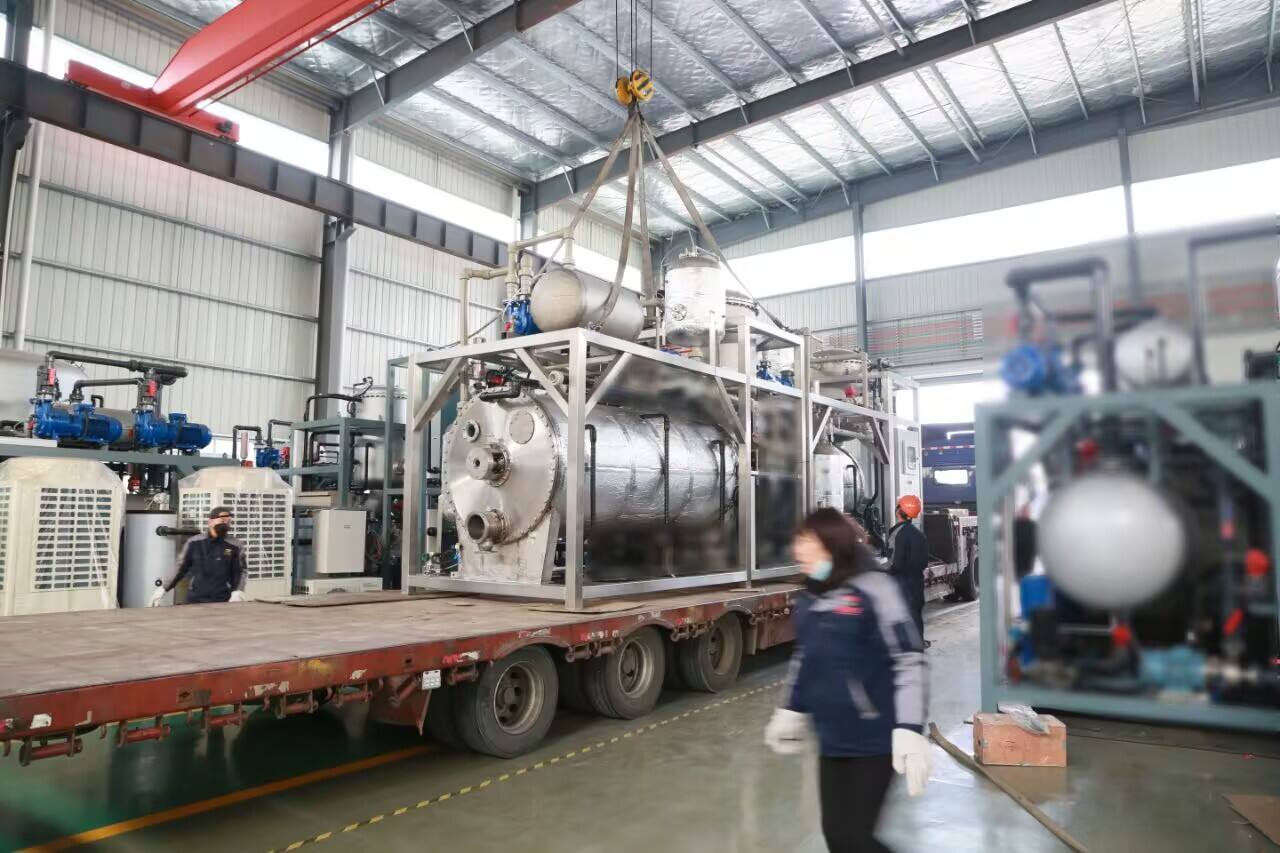industrial effluent treatment plant
An industrial effluent treatment plant represents a sophisticated system designed to process and purify wastewater generated from manufacturing and industrial processes. The plant employs a multi-stage treatment approach, incorporating physical, chemical, and biological processes to remove contaminants and pollutants from industrial wastewater. The primary function involves the separation of oils, greases, heavy metals, organic compounds, and other harmful substances before the treated water can be safely discharged or reused. Modern treatment plants feature advanced automation systems, real-time monitoring capabilities, and precise dosing mechanisms to ensure optimal treatment efficiency. The facility typically includes primary treatment units for removing solid waste, secondary treatment systems for biological processing, and tertiary treatment stages for final purification. These plants are equipped with state-of-the-art filtration systems, including membrane technologies, activated carbon filters, and reverse osmosis units. The applications span across various industries, from chemical manufacturing and textile processing to food production and pharmaceutical manufacturing. The plant's design considers specific industry requirements, regulatory compliance standards, and environmental protection goals, making it an essential component in sustainable industrial operations.


